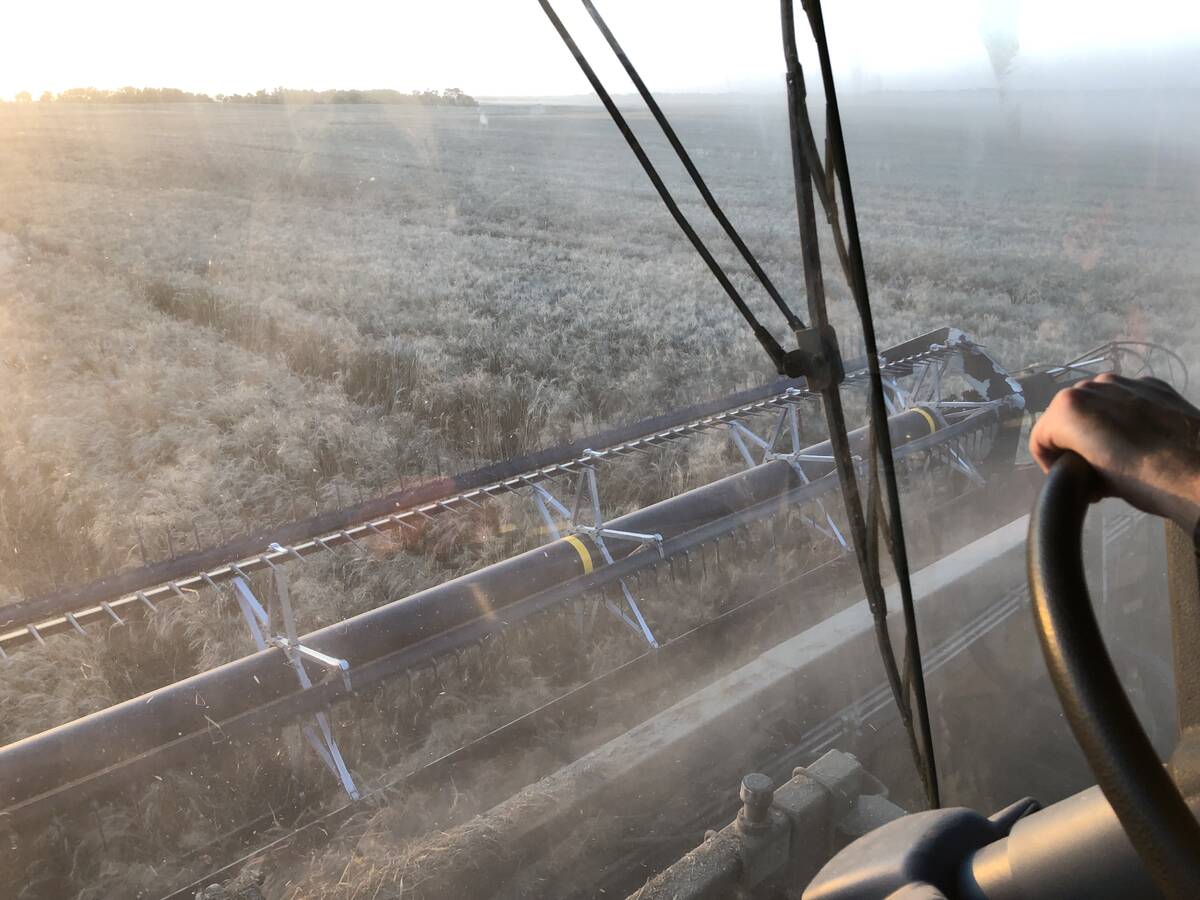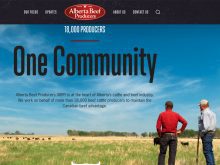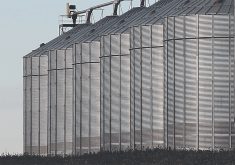Industry says Bill C-293 contains ill-defined terms and heavy-handed language that unfairly targets animal agriculture
Glacier FarmMedia – A federal bill that purports to protect Canada from the next pandemic is drawing fire from the agriculture sector.
In a recent editorial titled “Is Bill C-293 Canada’s ‘Vegan Act?’” Sylvain Charlebois, director of Dalhousie University’s Agri-Food Analytics Lab, said the bill “represents an unprecedented governmental intrusion into personal dietary choices and market dynamics.”
Bill C-293 is a private member’s bill sponsored by Liberal MP Nathaniel Erskine-Smith. Its stated mandate is to address pandemic prevention and preparedness.
Read Also

Mail strike disrupts grain sample delivery
The Canadian Grain Commission has asked farmers to consider delivering harvest samples directly to CGC offices, services centres or approved drop offs as Canada Post strike delays mail.
Charlebois took issue with a portion of the bill he says has heavy-handed language that could be disastrous for Canada’s agricultural sector.
Section 4 would require federal and provincial measures to reduce risk of antimicrobial resistance and “regulate commercial activities that can contribute to pandemic risk, including industrial animal agriculture.”
It also includes provincial and federal measures to “promote commercial activities that can help reduce pandemic risk, including the production of alternative proteins,” and “phase out commercial activities that disproportionately contribute to pandemic risk, including activities that involve high-risk species.”
Charlebois has been criticized in the past for some of his agricultural views. Canadian Dimension, a left-wing magazine that examines social, political and cultural issues in Canada, recently accused Charlebois of “using his academic credentials to push right-wing culture war touchstones as objective truths.”
However, Canadian Federation of Agriculture president Keith Currie doesn’t think Charlebois’s concern is overblown.
“I think he’s bang on there,” Currie said. “There are concerns within one particular section of the bill that gives the authority … to regulate commercial activities, including industrial agriculture.”
Currie said he suspects the language in the bill is intentional, based on Erskine-Smith’s long history of animal activism. Charlebois also cited Erksine-Smith’s “vegan lifestyle.”
In 2016, animal rights group Animal Justice awarded Erskine-Smith its annual Humane Legislator Award, given to a politician that has taken “a strong stand against animal cruelty,” according to the activist group’s website. The group cited the MP’s introduction of the defeated Bill C-246, which “would have closed loopholes in animal cruelty laws, outlawed shark fin imports, and banned cat and dog fur.”
He also received the Toronto Vegetarian Association Lisa Grill Compassion for Animals Award in 2019.
In Erskine-Smith’s opening remarks about the bill to the House of Commons standing committee on health, he acknowledged the pushback from agricultural groups and said he welcomed amendments.
“I know I’ve received some questions. I engaged with the Ontario Federation of Agriculture, for example, on the agriculture amendments,” he told the committee on April 28 last year. “They said it could perhaps be even tighter and more specific with the language. That’s fair.”
On Oct. 18, 2023, the committee called on Melissa Matlow, campaign director for Canadian-based animal advocacy group World Animal Protection, to address the role the bill would play in keeping animal agriculture in check.
“I can sympathize with farmers who are concerned about the stresses and challenges they face producing food for our country, but I think the science is clear,” she said. “I think we need to be listening to the experts on this and looking for solutions so that we can save antibiotics and protect life-saving drugs for people and for animals. I think it’s one of the biggest health crises that we’re going to face.”
Currie said that implies antimicrobial resistance is an issue specific to agriculture, which is not the case.
According to a 2022 report from the Canadian Antimicrobial Resistance Surveillance System, 82 per cent of “medically important antibiotics” were used in animals in 2020, most of them in livestock agriculture. But Currie said pointing the finger at agriculture doesn’t recognize the industry’s strict and rigorous biosecurity regulations.
“These programs are recognized by the CFIA (Canadian Food Inspection Agency), and their intention is designed to reduce pathogens and diseases,” he said. “It’s done through science and evidence-based practices.”
Currie noted drastic measures taken during the BSE crisis to ensure the disease didn’t spread. Similarly, for an avian influenza outbreak, there are procedures for immediate quarantine and destruction of flocks.
“We’ve done a great job at our border and elsewhere. We haven’t seen any African swine fever enter the country yet.”
The CFA, along with the Canadian Cattle Association, Canadian Pork Council and the National Cattle Feeder’s Association, signed a letter to the committee asking for amendments that would remove or change the words “regulate” and “phase out” to “assess” or “summarize,” clearly define the term “high-risk species” and acknowledges existing biosecurity initiatives, including those led by industry.
Despite that letter, Section 4 of the bill was unchanged when Bill C-293 passed its third reading in the House of Commons on June 5. The bill also passed its first reading in the Senate June 6. As of Oct. 3, it had not come up again in the upper chamber.
Currie said his organization and other producer groups that signed the letter are concerned that promoting alternative proteins and phasing out “high-risk species” is indicative of an ideologically driven agenda.
“It might allow regulation of commercial livestock farming that could lead to unintended consequences for the industry,” he said.
The CFA has a lobby day later this month, and Currie said he hopes to speak to the committee and highlight continued issues with Section 4 of the bill.
“It is very problematic for agriculture. It needs to be better defined and not so targeted on animal agriculture.”


















